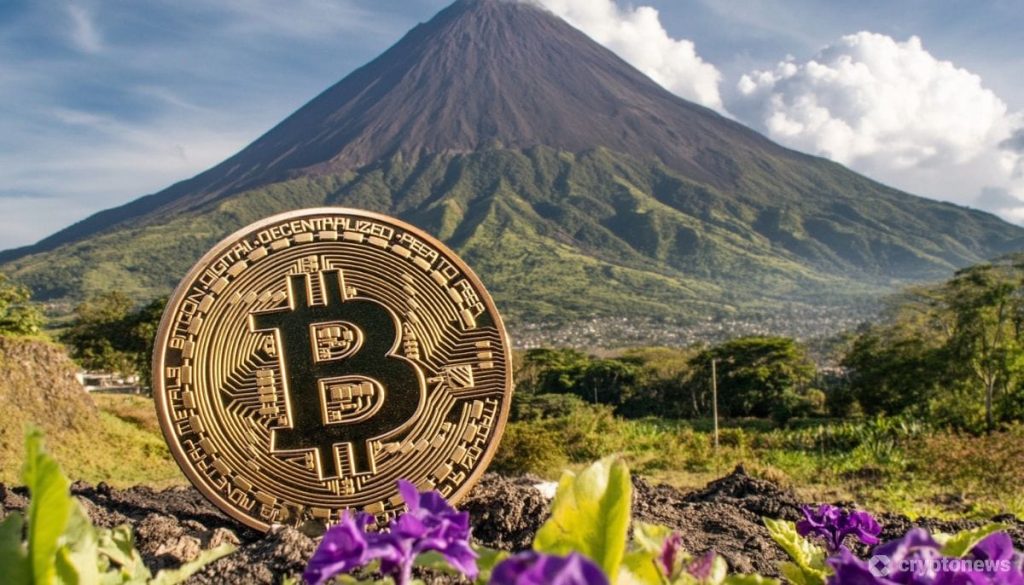A recent survey conducted by Francisco Gavidia University (UFG) in El Salvador found that only 7.5% of citizens use Bitcoin (BTC) to make transactions. The study, which involved 1,224 respondents over the age of 18, revealed that 92% of participants did not use Bitcoin for transactions, with 0.5% expressing uncertainty about the question. The majority of respondents lived in urban areas, were mostly in full-time employment, and favored education and fostering industry as the main focus for the country’s future, with only 1.3% mentioning Bitcoin.
Despite the lack of interest in using Bitcoin for transactions, respondents showed high approval ratings for President Nayib Bukele, with an average rating of 8.43 out of 10 for his work as President. Bukele’s government received a rating of 7.49, while the National Assembly scored 6.94. Additionally, around 80% of respondents expressed optimism about the country’s future, with many indicating a neutral or positive outlook on the nation’s financial situation. This positive sentiment contrasts with the low adoption rates of Bitcoin among Salvadorans, which have declined from over 20% to just 7.5% in recent years.
Previous studies, such as the one conducted by the José Simeón Cañas Central American University (UCA) in January 2024, reported Bitcoin adoption rates of over 10% in El Salvador. However, these rates have seen a significant decrease from over 20% in surveys conducted in 2022 and 2021. The media outlet Criptonoticias highlighted the diminishing interest in Bitcoin among Salvadorans, noting that there are few expectations for increased adoption in the future. President Bukele, who had hoped for higher adoption rates when introducing the bill to make Bitcoin legal tender in September 2021, acknowledged the lower adoption rates but has continued to champion the cryptocurrency.
Despite the challenges with low Bitcoin adoption, El Salvador’s cause with the International Monetary Fund (IMF) has seen some improvement. The IMF, previously skeptical about the country’s Bitcoin adoption plans, has indicated in recent weeks that it doesn’t see any Bitcoin-related “financial risks” in El Salvador. This shift in stance from the IMF suggests that the lower adoption rates of Bitcoin may not pose a significant threat to the nation’s financial stability. As El Salvador continues to navigate its path as a crypto-friendly nation, the relationship between Bitcoin adoption, public sentiment, and government policies remains a key focus for observers and analysts.












